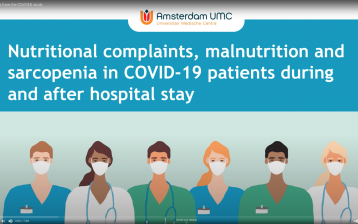
The Netherlands
Reduce the occurrence and burden of malnutrition in the Netherlands
Reduce the occurrence and burden of malnutrition in the Netherlands
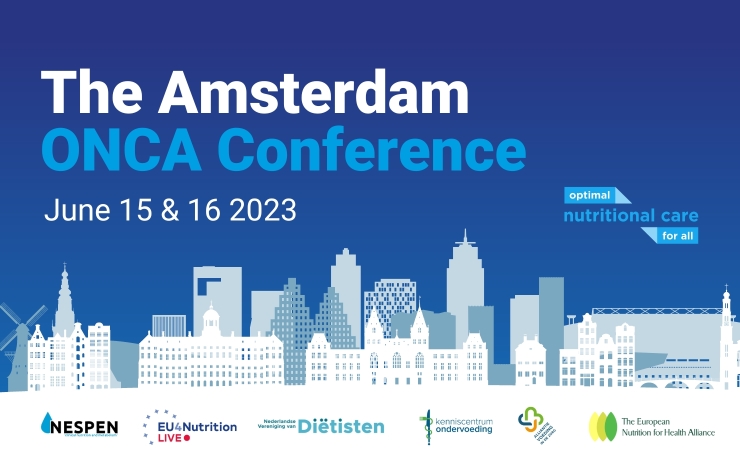
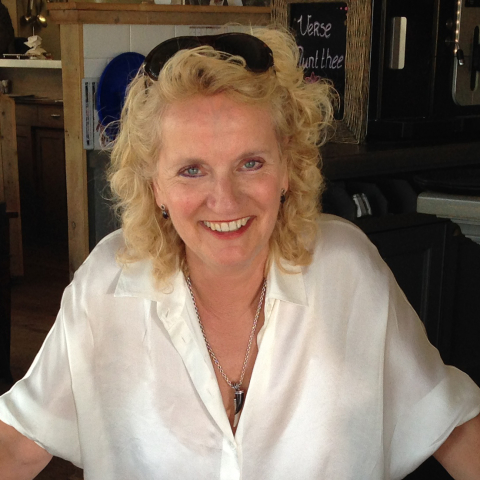

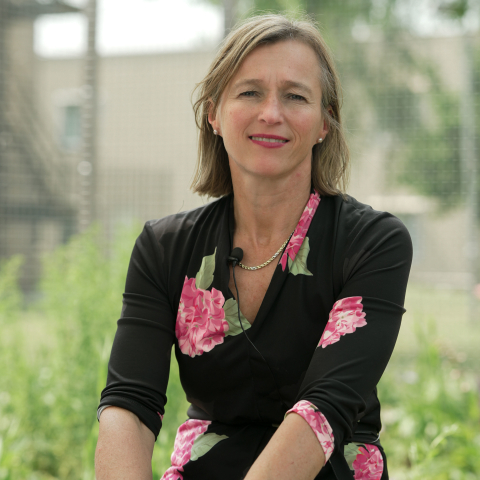


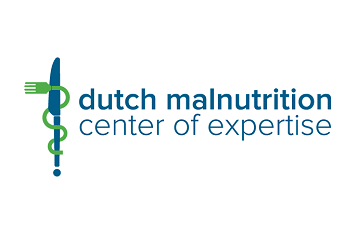
The Dutch Malnutrition Center of Expertise is a multidisciplinary knowledge center that provides information and support for the awareness, prevention, identification, and treatment of malnutrition in all sectors of healthcare. On the website, there is a lot of information to be found, for professionals who wish to know about this healthcare problem and/ or have faced it when treating patients (in English). The center offers knowledge and support, using various means and media. https://www.kenniscentrumondervoeding.nl/en/
The Knowledge Center has carried out many national and regional projects related to the prevention, screening, and/or treatment of malnutrition in various target groups. Results, materials, and training courses are freely downloadable.
Current important projects are:
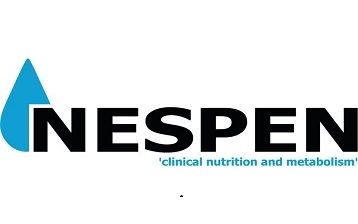
NESPEN aims to promote knowledge and the application of this knowledge regarding clinical nutrition and metabolic diseases, as well as the mutual influence of nutrition, nutrients, and (disease-disrupted) metabolic processes. NESPEN focuses on a multidisciplinary target group: physicians, pre-clinicians, pharmacists, nutritionists, dieticians, (nutrition) nurses and other academics who are interested in nutrition in its broadest application.
In terms of members, the NESPEN board is as multidisciplinary as the target group it focuses on. NESPEN is affiliated with one contact person of ESPEN, the European Clinical Nutrition and Metabolism Association. NESPEN provides block membership for ESPEN. Since NESPEN was founded in 2001, NESPEN has organized symposia and conferences in the field of clinical nutrition and metabolism, stimulated research by issuing prizes for submitted abstracts and dissertations, and provided travel grants for conference attendance, among other initiatives. NESPEN also collaborates with the National Nutrition Congress.
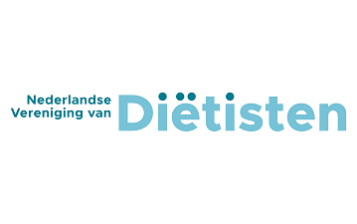
The Dutch Association of Dieticians (NVD) is the professional association for and by dietitians. The NVD represents dieticians at national and international level, is committed to the quality and accessibility of dietetics and promotes the interests of dieticians.
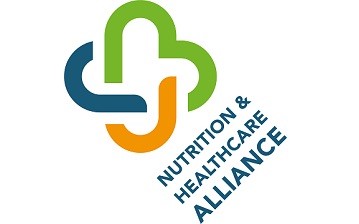
Alliantie Voeding in de Zorg (Nutrition and Healthcare Alliance) is the national center of expertise for
nutrition in healthcare. We realize health gains by making scientific insights about nutrition and
exercise personally applicable in prevention and care. We do this together with governments,
companies, health insurers, healthcare organizations, and knowledge institutions. Commissioned by
the Ministry of Health, Welfare, and Sport, we are working within the National Prevention
Agreement on: